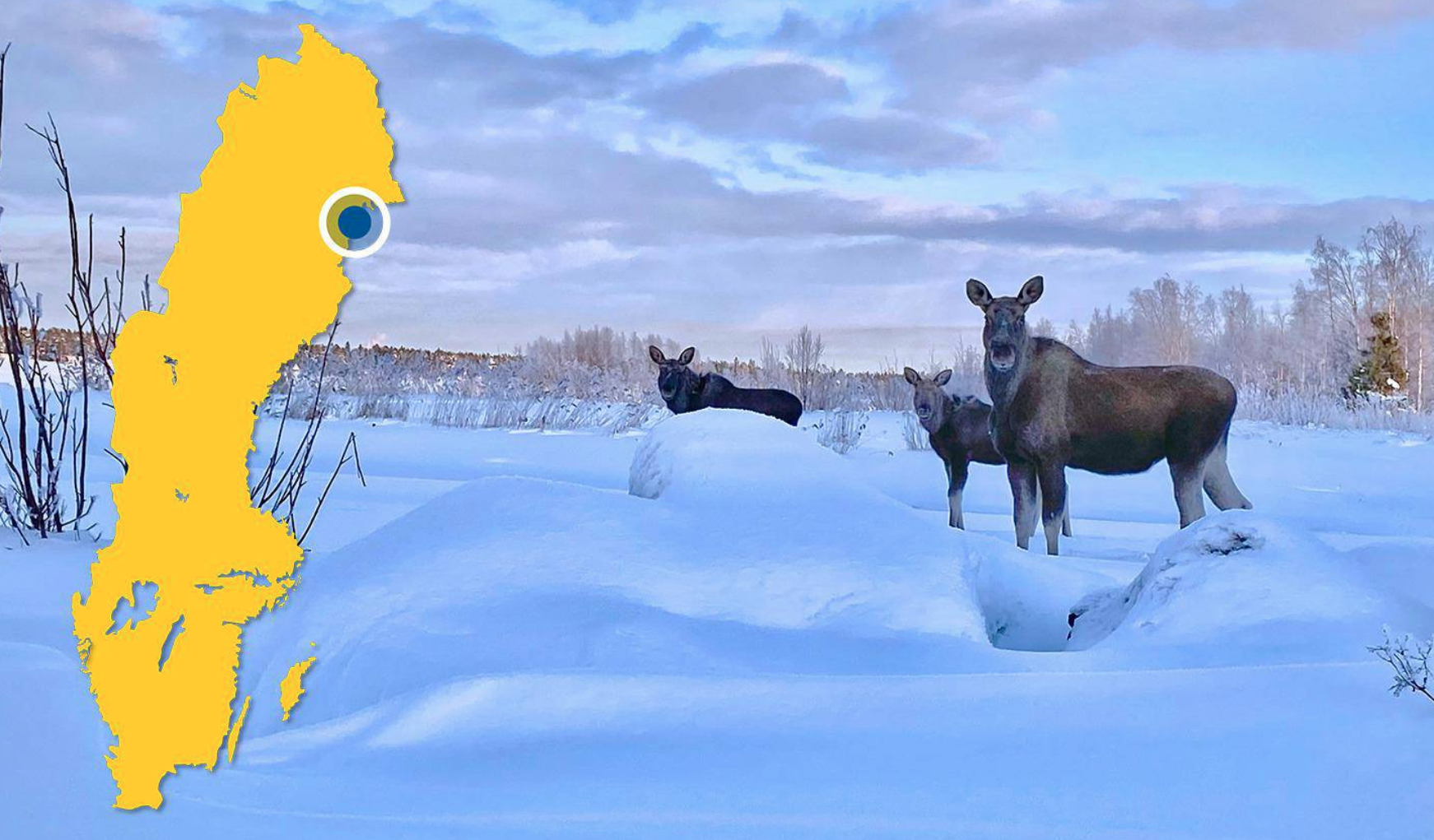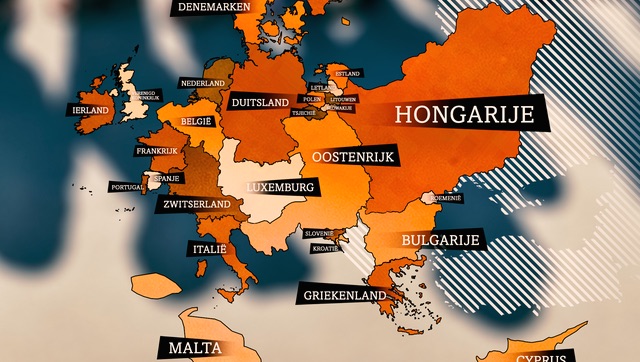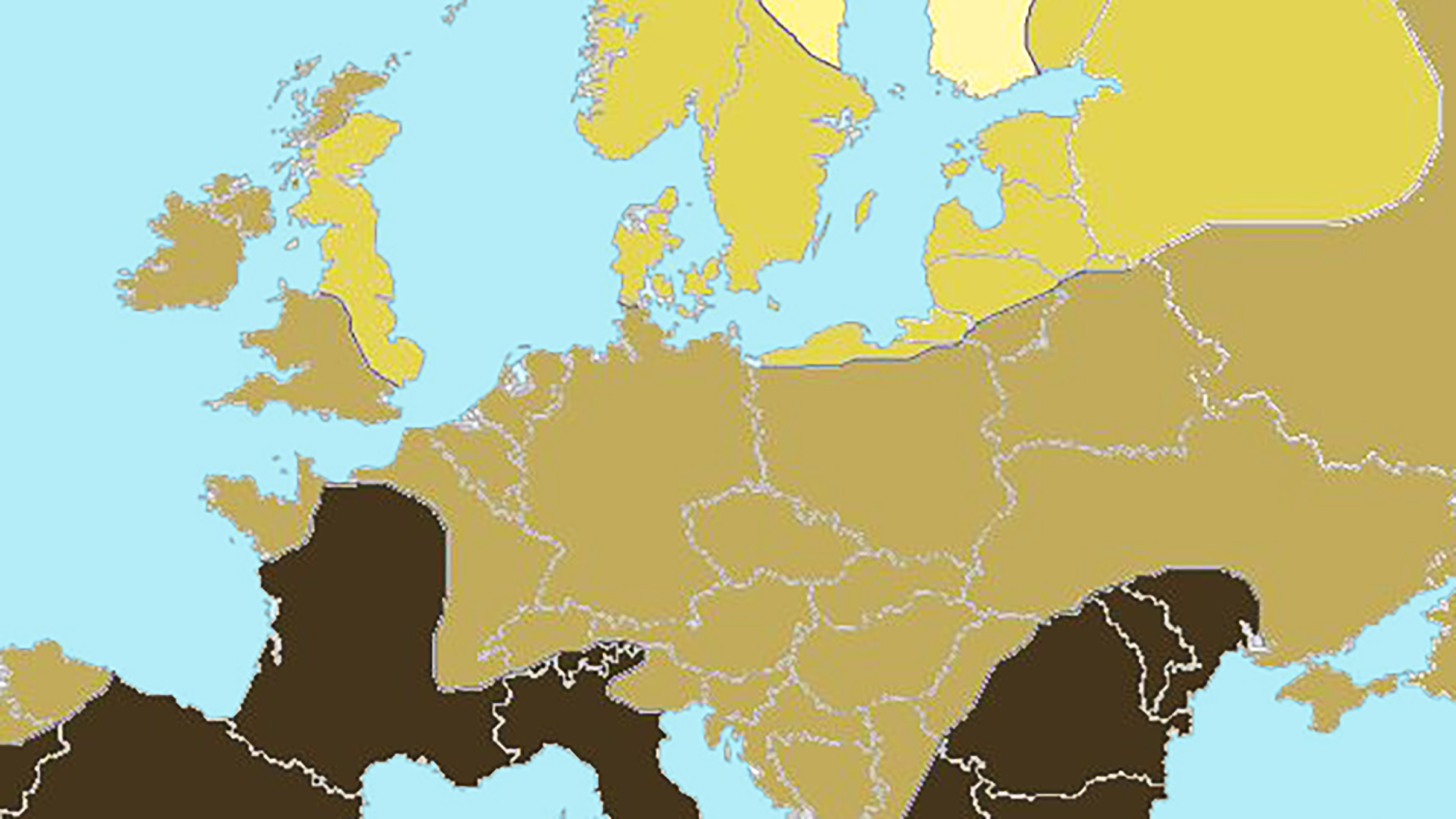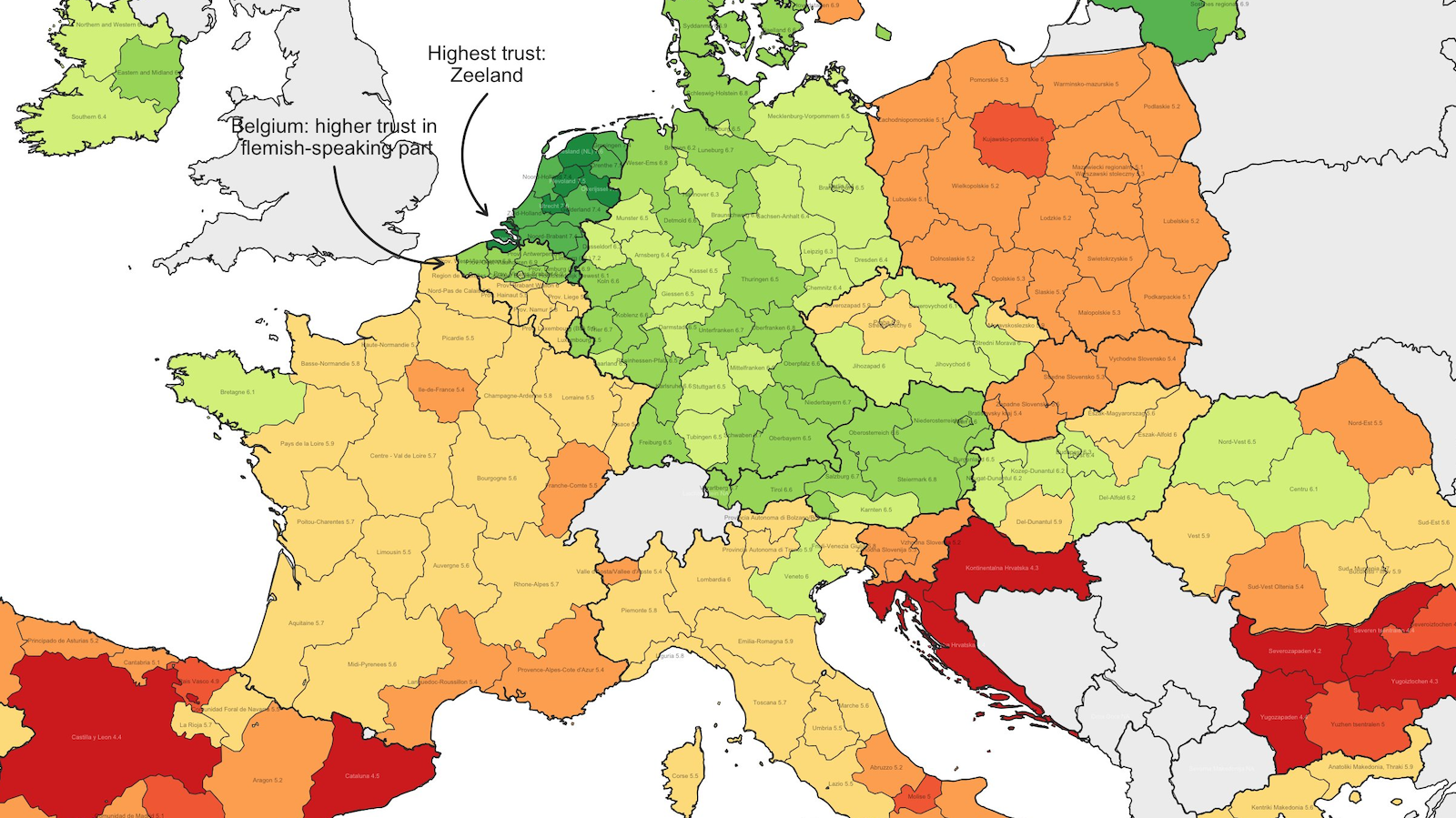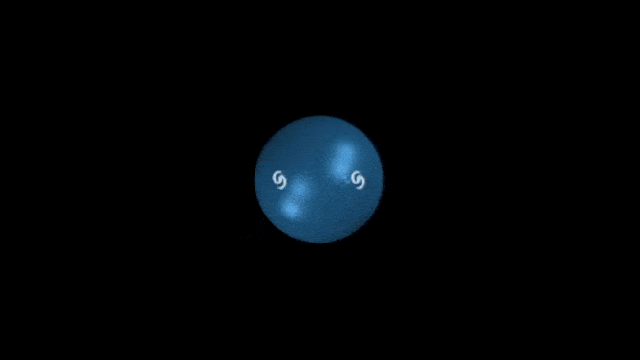“Welcome to Lake Toiletbrush”: How IKEA ruined the map of Sweden
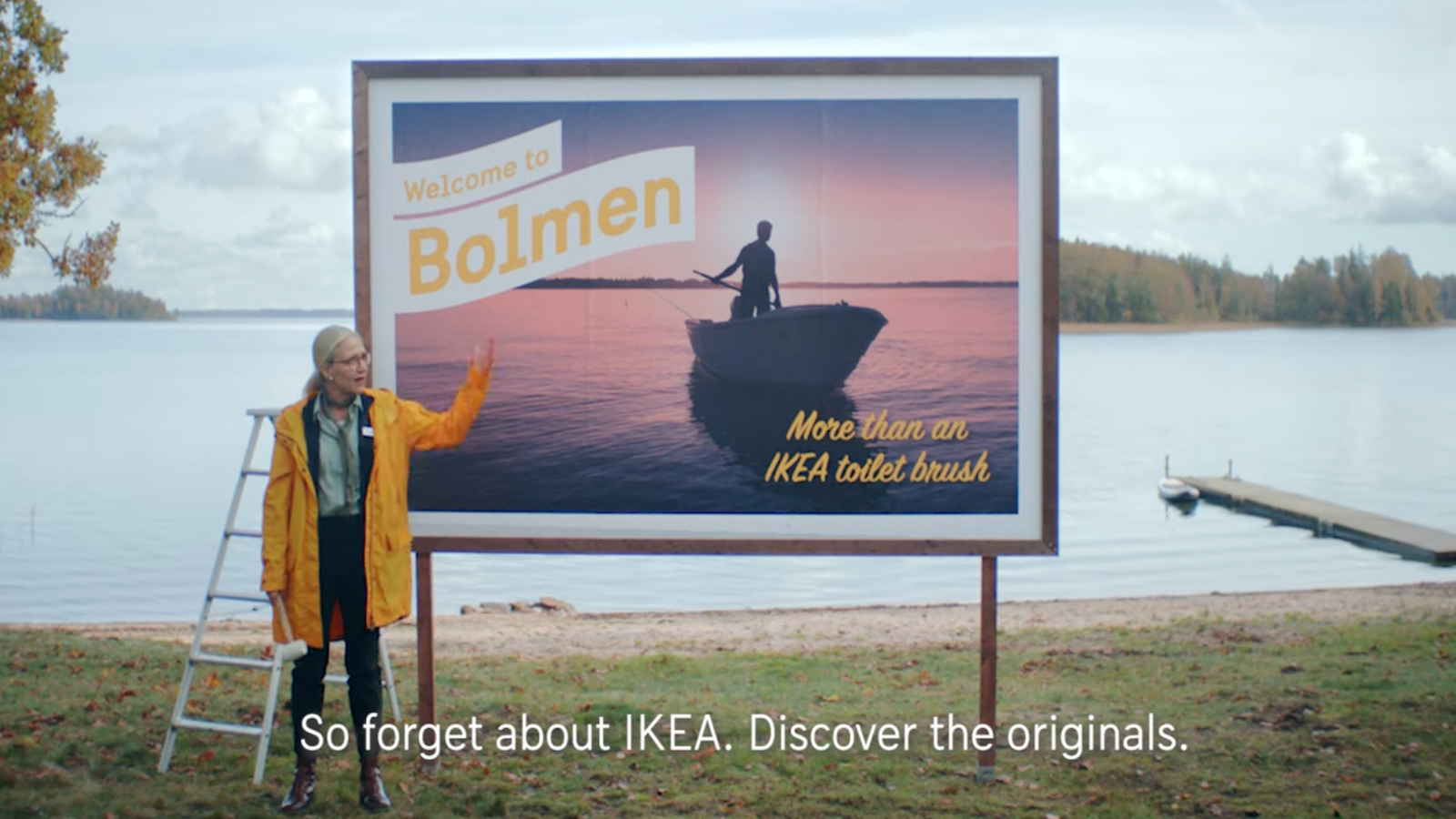
- Bolmen is a beautiful Swedish lake — and a cheap toilet brush from IKEA.
- Hundreds of places in Sweden similarly have been blighted by association.
- But now those places are fighting back. Come and visit Lake Toiletbrush!
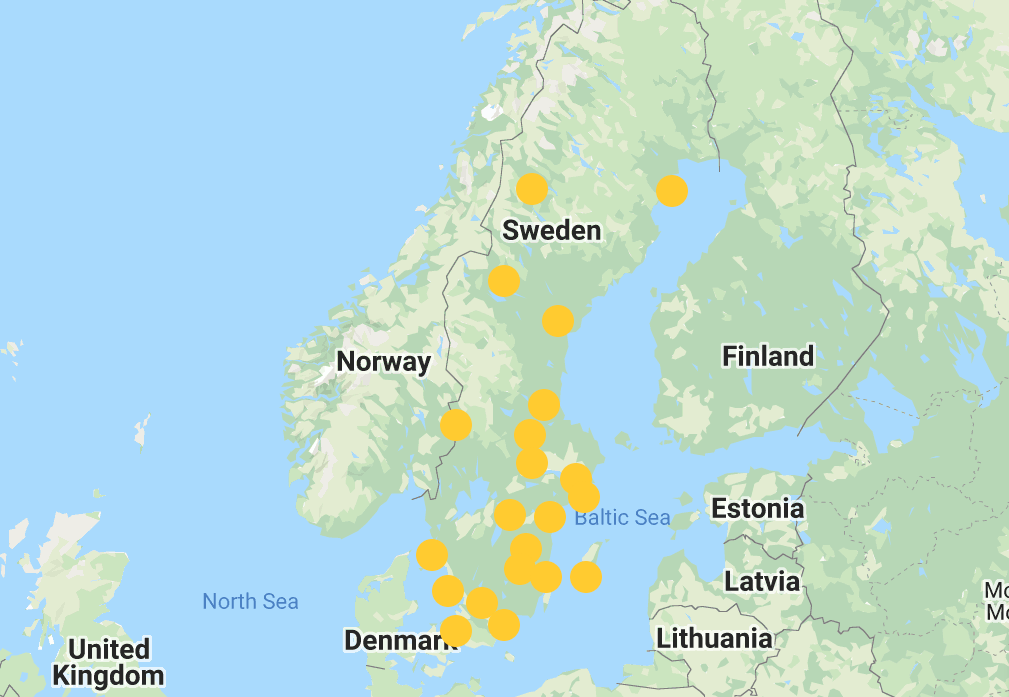
Bolmen. Now there’s a word you don’t use every day. Where have you encountered it before? In IKEA, where it’s the name of a cheap toilet brush — for a dollar, it’s yours. What you probably don’t know is that the brush was named after a pristine lake in southern Sweden. And now that you do know, that lake doesn’t sound so pristine anymore.
The Curse of IKEA
Call it the Curse of IKEA. A curse repeated hundreds of times across the map of Sweden. Beautiful places with exotic names, their appeal diminished by association with mundane items from the world’s most popular furniture catalog. Where does that leave the tourist industry around Lake Toiletbrush? Down in the dumps, is where. But wait: Visit Sweden, the country’s tourist board, has just gone on the counteroffensive.
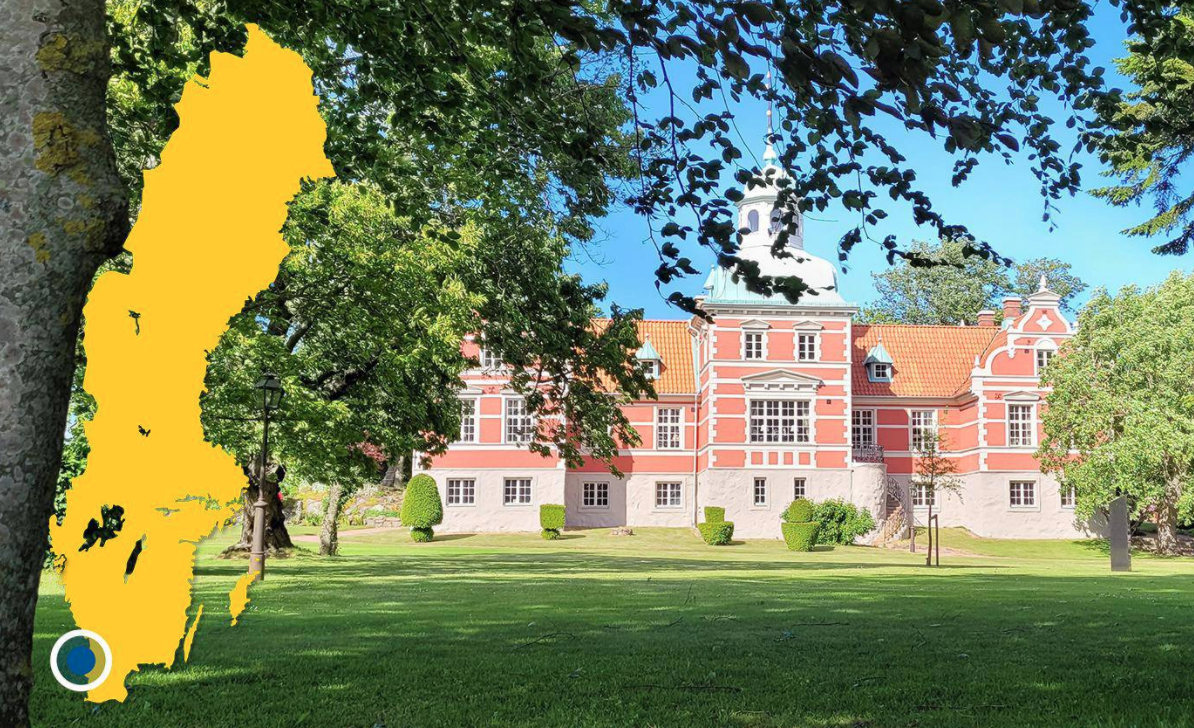
For millions of people around the world, IKEA epitomizes Sweden. And not by accident. For even as it has gone global, the market leader in assemble-it-yourself furniture has remained true to its roots. Frugality and simplicity — those supposedly typical Scandinavian values — are essential both to the design of IKEA products and the company’s management style. It’s no coincidence that its corporate colors, blue and yellow, are those of the Swedish flag.
Charmingly kooky
That dovetails nicely with IKEA’s habit of giving its products charmingly kooky Nordic names. That tradition, however, has a somewhat different origin. Company founder Ingvar Kamprad — his initials are the IK in IKEA — was dyslexic, which made it hard for him to distinguish between numeric product codes. The solution: products got names instead, ideally short ones, which are easy to spell and remember.
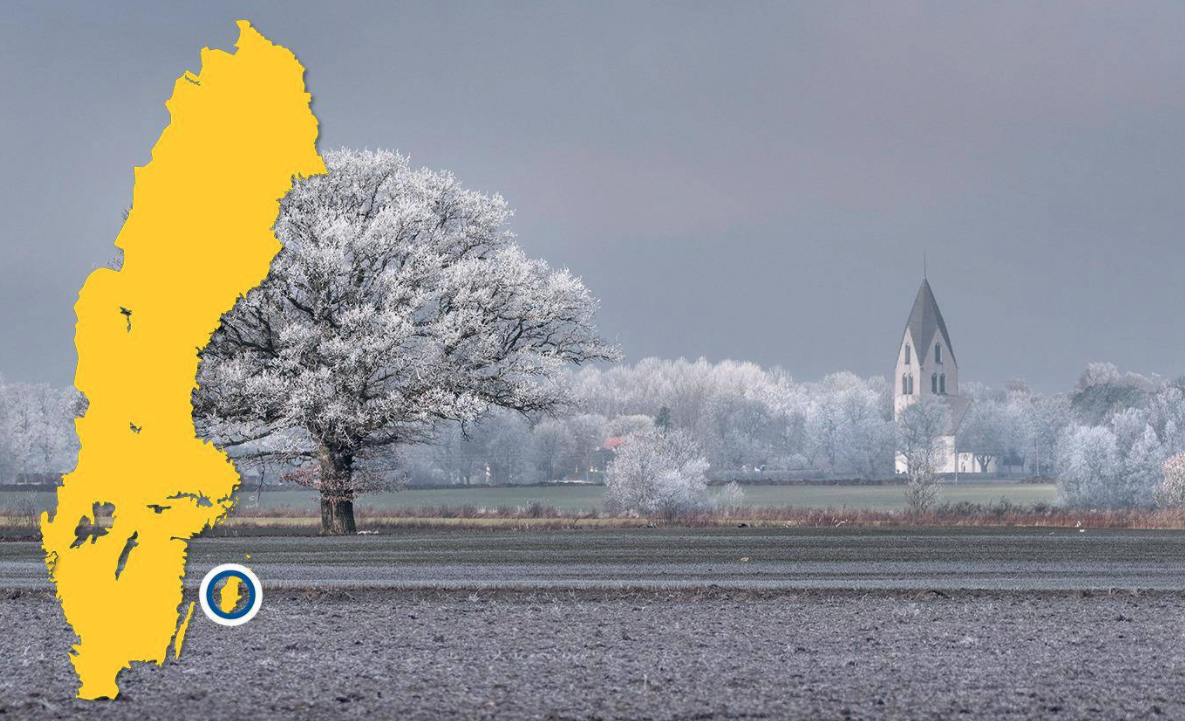
Remembering all those products today would be difficult, because IKEA has more than 12,000 items on its books by now. Each has a unique, often quite odd-sounding Scandinavian name, which remains the same in all IKEA markets the world over. Many products have borrowed their names from locations in Sweden but not all. Here’s a glimpse of the method behind the naming system:
- Bathroom items, like that toilet brush, are all named after Swedish lakes or bodies of water.
- Sofas, chairs, and dining sets are all named after places in Sweden. Rugs, however, are named after Danish places, and bedroom and living room furniture after Norwegian ones.
- Outdoor furniture is named after islands in Scandinavia (so not just Sweden).
- Desks and chairs get Scandinavian boys’ names, while fabrics and curtains get Scandinavian girls’ names.
- Products in various other categories (bowls and vases, lighting elements, pictures and wall decorations, and boxes) can be named after Swedish places. Otherwise, variously per category, they are named after fruit, Swedish slang, units of measurement, shipping terminology, etc.
60 million Billys
Book cases are usually named after the Swedish names of professions or Scandinavian boys’ names. But there are exceptions to all rules, and the most famous one is the Billy book case, with over 60 million units sold and is IKEA’s top-selling product. It was named after Billy Liljedahl, an IKEA advertising manager who had let it be known that he wanted “a proper book case, just for books.”
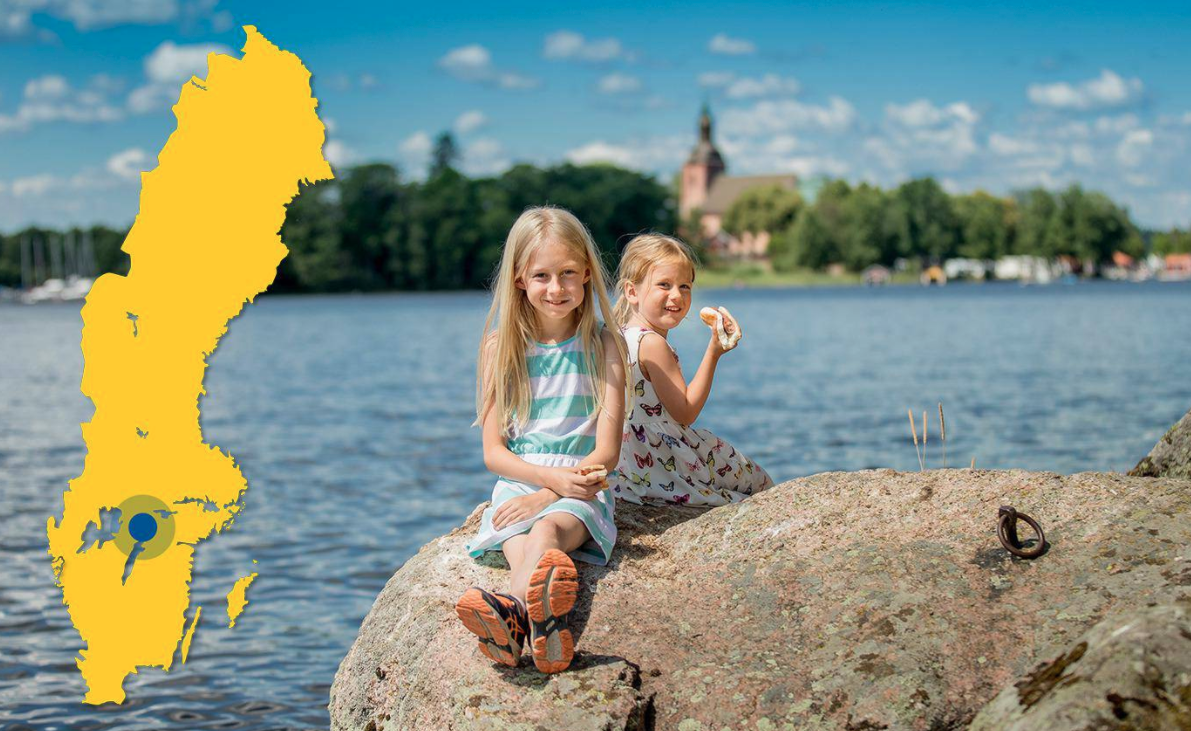
It is not known what Mr Liljedahl’s thoughts were on his name being given to the world’s most assembled piece of furniture. Visit Sweden, for its part, is making its opinion on IKEA’s plundering of Sweden’s place names quite plain.
In a short video, a spokeswoman for the organization, standing next to the much-maligned Lake Bolmen, says: “We want the people to think about the clear water and beautiful surroundings, and not a water closet in desperate need of cleansing.” To illustrate her point, she sinks a wooden cup (also IKEA?) into the lake and… drinks from it, daring the viewer to overcome the notion that she is lapping up toilet water.
Tip of the iceberg
What’s worse, she says, is that “Bolmen is just the tip of the iceberg. If you search for Ektorp, all you get is pictures of sofas. On hashtag Järvfjället, there’s just a bunch of gaming chairs. And Stubbarp… legs for storage combinations! IKEA has borrowed hundreds of names from our beautiful country and used them on everything from shelves to trash cans… trash cans!”
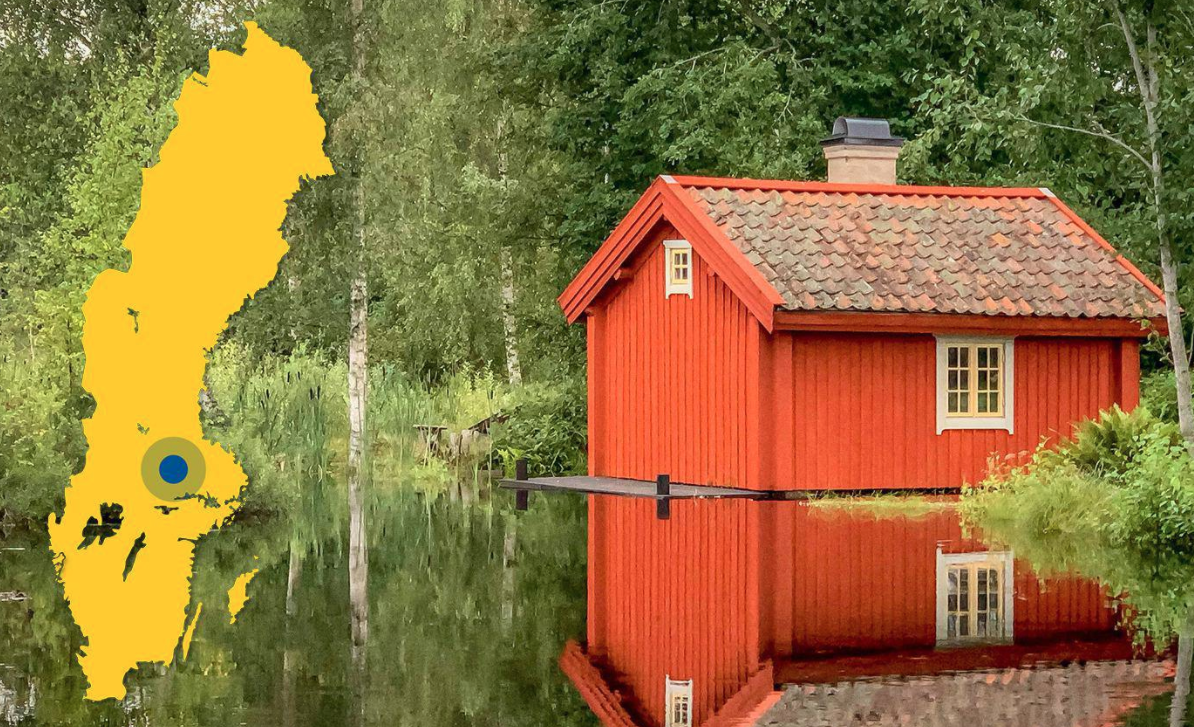
Oh, the indignity. After a disapproving look into the camera, she resolves: “It is time the world knows that all these names belong to wonderful places in Sweden. So forget about IKEA. Discover the originals!”
- Ektorp, for example, is also a picturesque Stockholm suburb, wedged between lakes, woods, and the Baltic Sea.
- Järvfjället is actually quite adventurous itself: a mountain peak in the vast and people-less north of the country, which is good for endless hiking or, if the season is right, skiing.
- Stubbarp, just a pair of legs? How insulting to the real place, an elegant country manor in the southern county of Skåne.
Visit Sweden’s Discover the Originals page doesn’t list all Swedish toponyms that have been hijacked by IKEA but limits itself to the 21 locales most keen on reclaiming their identity. Some other examples:
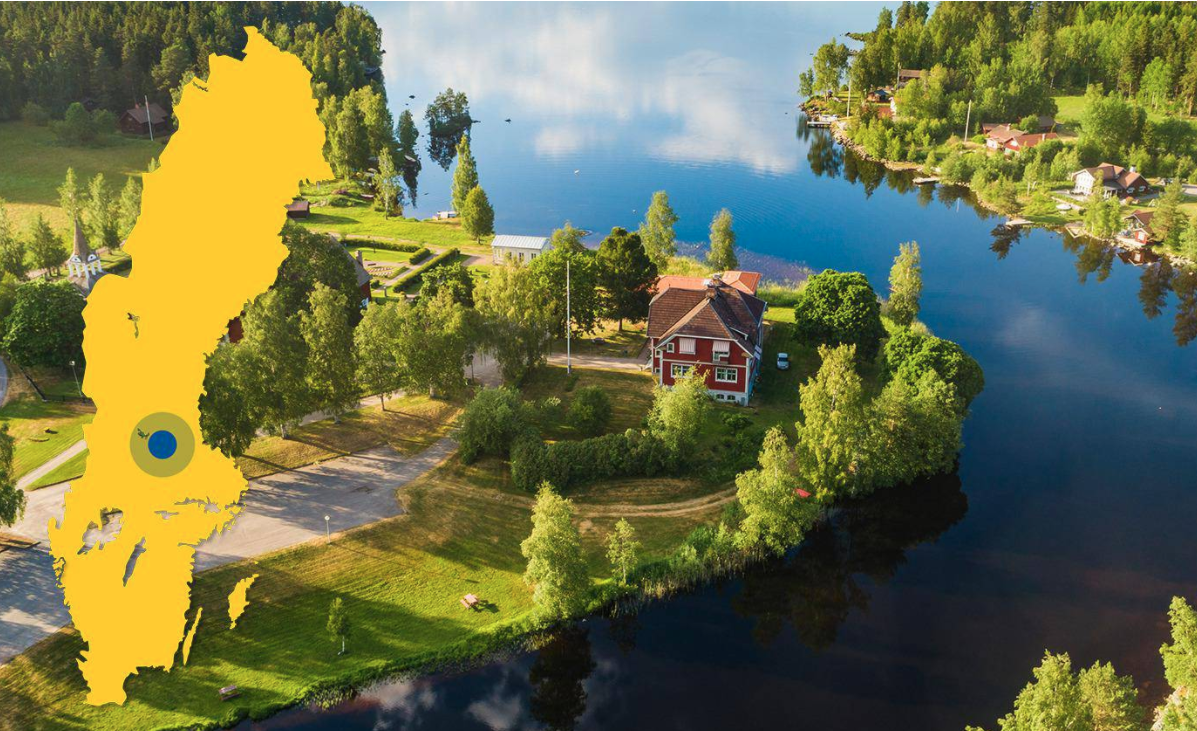
- Hemsjö is not just a block candle but a village surrounded by forests and lakes, near the birthplace of Harry Martinson, the Swedish writer who won the Nobel Prize for Literature in 1974.
- Mästerby is not just a step stool but a place on the island of Gotland, otherwise famous for the Battle of Mästerby, when Danes invaded the island in 1361. The battle is re-enacted during the island’s annual “medieval week.”
- Skärhamn is, yes, a door handle. But outside IKEAworld, it’s also a fishing port on the island of Tjörn in western Sweden. There, you can fish, swim, and visit the Nordiska Akvarellmuseet. Please don’t try any of the door handles in town.
- Norberg is not just a folding table but a small town in Västmanland, close to the mysterious Blue Cave of Klackberg and the mining museum in Sala.
- Kallax is a shelf as well as a seaside village in Swedish Lapland, famous for its fermented herring festival each August.
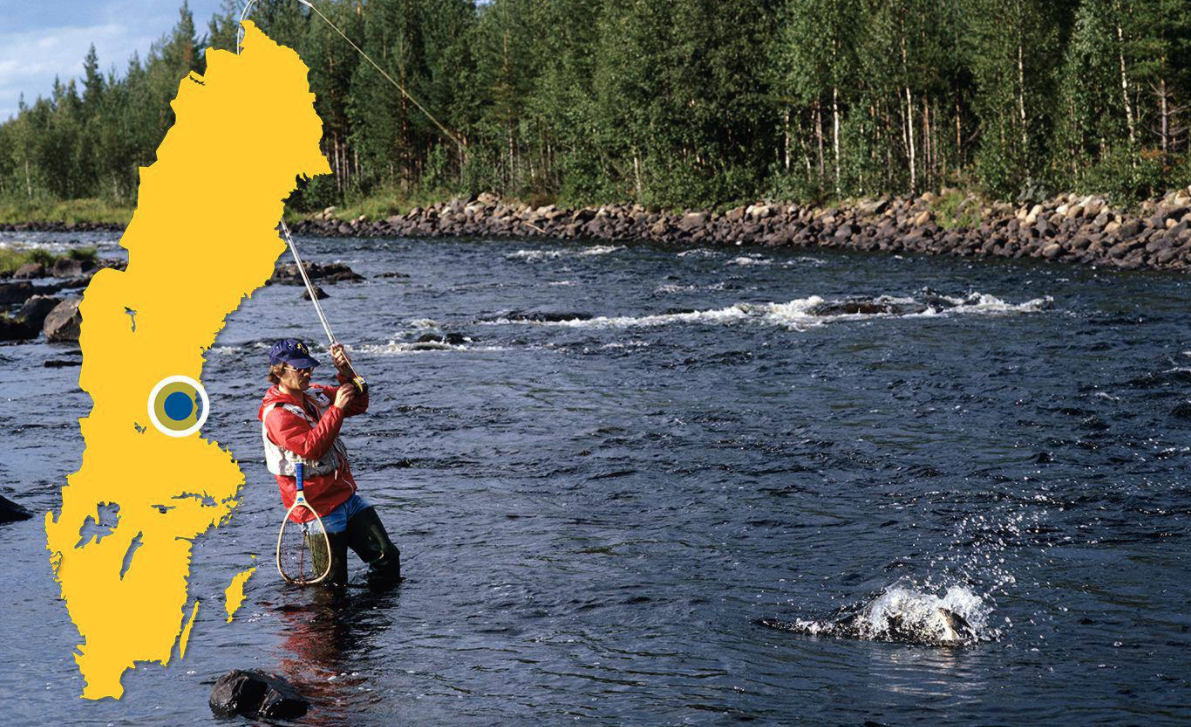
Fermented herring? Like, for eating? Perhaps this is the one example where the Swedish place is dragging down the reputation of the IKEA product, instead of the other way around.
For more, see Visit Sweden’s Discover the Originals campaign. Many thanks to Gerrit Op de Beeck for directing me to it.
Strange Maps #1121
Got a strange map? Let me know at [email protected].
Follow Strange Maps on Twitter and Facebook.
